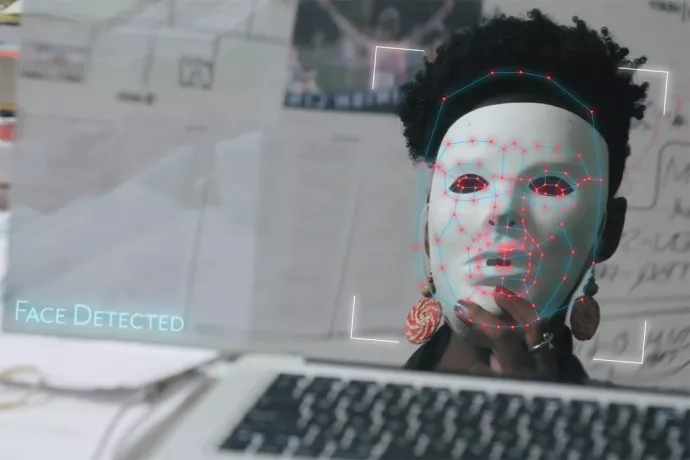
The Mediatic: Blackwood Gallery explores knowledge production, political actions and media
In a year when the familiar is strange, UTM Blackwood Gallery’s annual experimental conference, Running With Concepts, has grown at least an order more experimental.
For its sixth outing, “The Mediatic Edition,” which launched Wednesday and runs through January 2021, the hybrid educational series — part public program, symposium and research fellowship — will take place virtually this time, with all events offered free to the public and available to stream for 72 hours after their release on the Blackwood website.
Running With Concepts began in 2012 as an attempt to test how the standard conference model might be reimagined, explains Alison Cooley, who is Blackwood's assistant curator and co-host of “The Mediatic Edition” alongside the gallery's project coordinator, Fraser McCallum. The series fosters interdisciplinary thinking between artists, researchers and practitioners representing a broad range of fields, joined together in inquiry on contemporary issues. Past themes have included: “The Geologic Edition,” exploring our transforming Earth; “The Empathic Edition,” about a global crisis of care; and “The Choreographic Edition,” examining how bodies move within systems.
“With ‘The Mediatic,’” Cooley explains, “we’re thinking about the various forces that mediate, modulate, arbitrate, disrupt and shape knowledge production and political actions. We’re thinking about what it means to operate in this current media ecology.” Fitting that the conference dedicated to media will be delivered through screens. Cooley calls it “an opportunity to develop a program in this online, mediated space that’s also responsive to and critical of these online, mediated spaces we find ourselves in.”
The series will consider questions like: How can we think about accessibility in our digital environment? How are algorithmic intelligence and machine learning shaping our experience? What is data sovereignty and why does it matter? What does a decolonial map look like? What does the journalistic standard of objectivity mean today? And, more broadly, what are some of the ways researchers and artists are intervening in or mobilizing mediated spaces that might be instructive for different types of learning across sectors?
Panellists, workshop leaders, research fellows and performers include artists, writers, poets, journalists, data specialists, documentary filmmakers, communications studies scholars, geographers, citizen scientists, art and tech critics, activists, and meme-makers.
The conference opened Wednesday with “Coded Bias: Race, Technology and Algorithms,” a film screening and discussion with filmmaker Shalini Kantayya; NYU data journalism professor Meredith Broussard; and UTM’s Beth Coleman from the Institute of Communication, Culture, Information and Technology. Kantayya’s doc examines how the algorithms and facial recognition software that increasingly influence our basic daily operations are replicating human-held biases. The screening and discussion are available to watch on the Blackwood website until Oct. 10 at 5 pm.
Some upcoming talks include a panel discussion, which begins streaming Oct. 28, between journalists from both legacy media and startup backgrounds about what it is we mean when we talk about “objectivity” in journalism and what blindspots are produced by that standard. Starting Jan. 22, 2021, is a panel titled “Data Governance, Ethics and Sovereignty” about the ways data has been deployed, historically and today, to perpetuate injustice, and how this harm might be resisted. The full program of events can be found on the Running With Concepts webpage.
“As a contemporary art gallery,” Cooley says, “we’re firmly rooted in the belief that art can be a space of critical inquiry and a space of research. But one thing I think we appreciate about the role of artistic research is that it gets to be a bit more feral, whereas other research forms are often more constrained by discipline. Part of the idea (of Running With Concepts) is to bring different research disciplines into conversation with each other in hopes that it’s mutually beneficial. Everyone might benefit from a little shift or disruption in thinking.”
